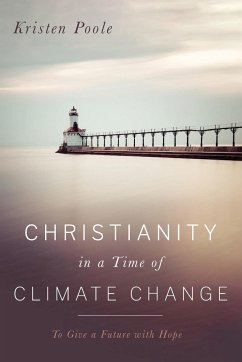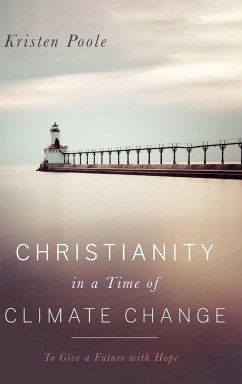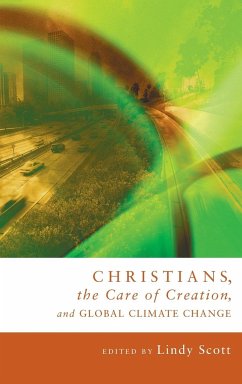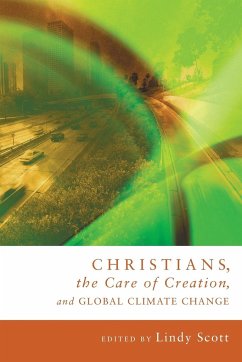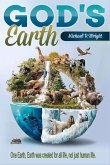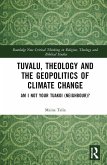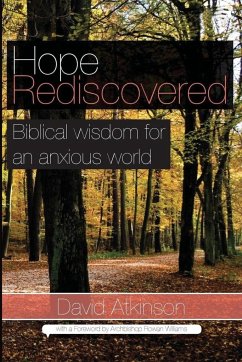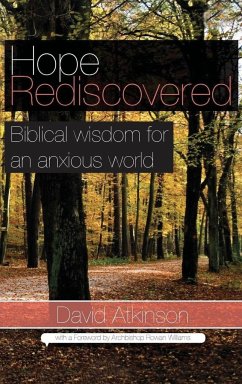What does climate change have to do with religion and spirituality? Even though a changing environment will have a dire impact on human populations--affecting everything from food supply to health to housing--the vast majority of Americans do not consider climate change a moral or a religious issue. Yet the damage of climate change, a phenomenon to which we all contribute through our collective carbon emissions, presents an unprecedented ethical problem, one that touches a foundational moral principle of Christianity: Jesus's dictate to love the neighbor. This care for the neighbor stretches across time as well as space. We are called to care for the neighbors of the future as well as those of the present. How can we connect the ethical considerations of climate change--the knowledge that our actions directly or indirectly cause harm to others--to our individual and collective spiritual practice? Christianity in a Time of Climate Change offers a series of reflective essays that consider the Christian ethics of climate change and suggest ways to fold the neighbors of the future into our spiritual lives as an impetus to meaningful personal, social, and ultimately environmental transformations.
Bitte wählen Sie Ihr Anliegen aus.
Rechnungen
Retourenschein anfordern
Bestellstatus
Storno

